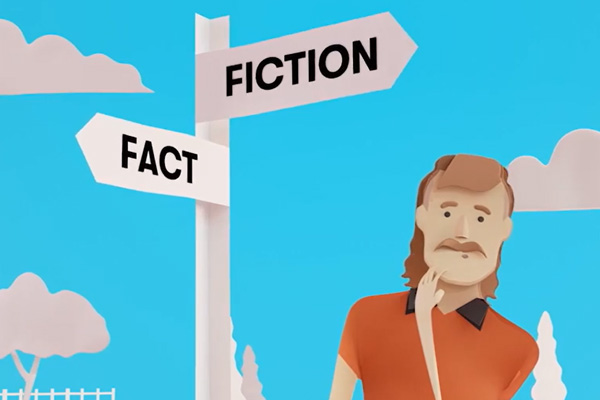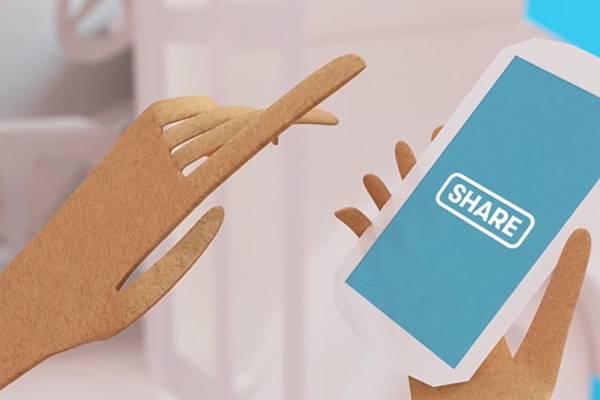Elections can generate lots of differing views and opinions, and your social media feeds might be filled with posts and ads about the election.
Social media is a popular way to talk about the election and see different sides of a debate.
It can help you find out what candidates and parties stand for, but you need to know how to sort fact from fiction because you can't trust everything you see on your feed.
Just remember that on social media, anyone can share their views, and that includes people or groups trying to spread false information or who just get it wrong.
Here are some steps you can take to make sure the information that is informing your vote is correct.
First, always look for a source on any news you see. Is it from a source you know and trust? If it isn't, do some online digging and check out the person or organisation behind the post.
After you've done that, have a look at the number of real followers the account has. Does it have a lot of bots following it? That might indicate that the source can't be trusted.
Another thing to ask could be, is this an opinion piece? Is it balanced? You should also ask yourself why it's been posted and what the author might gain by putting forward only one side of the story.
Does a political ad make you excited or furious? Inflammatory or sensational posts get more engagement on social media so advertisers are more likely to use extreme language to reach more people.
They might also use micro-targeting to show you ads based on your location, age or political interests.
If it's a political ad, has it been authorised? This means that the person or group behind the ad has clearly stated their contact details, rather than hiding behind an anonymous account.
If after all of this you're still unsure about the information, check out our website – a source of election information you can absolutely trust.
Don't contribute to the spread of nasty fiction or incompetent research. And remember, you can report anything you think is misinformation to all the social media platforms now.
Sort fact from fiction this election and know that you'll be casting an informed vote.






